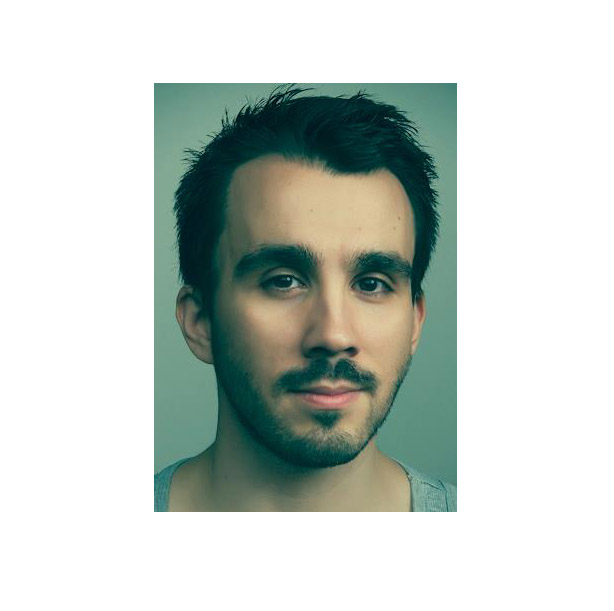
Matthew Furtado
Matthew Furtado
VFT Program-2013/2014
Matthew Furtado
What education did you have before you took the Visual Effects for Film and Television course?
My education was rather varied, and nothing really to do with VFX, save perhaps photography which I studied in Portugal. This probably is what led me to prefer lighting, though I did find some of the technical aspects of it to be somewhat surprising. My degree in Linguistics didn't help too much directly, but the training I undertook to be a teacher in Portugal did help somewhat as a student.
Tell us a bit about your experience at the college.
The college at large I mostly ignored as I was too busy doing my thing in the classroom, which was fortunately open 24 hours a day. I suppose my experience was quite positive, from the context of spending 99% of my time at the college glued to a computer working on my assignments or attending class. The teachers were knowledgeable of course, but they are all working professionals so that’s expected. They also tend to be very helpful when it comes to students’ questions and problems, a fact of which I’d suggest students take advantage as much as they can.
How do you use the education you got at Seneca in your job today?
A lot, or most, of the software I use now I was taught in the course. Maya, Nuke, Houdini, Mantra, and Vray are all programmes I open at my desk on a daily basis, and that's what they taught. Of course, the latter three may vary by studio, and did indeed for my first job. Still, a good understanding of one renderer lends itself to learning another pretty quickly.
The most important skill one can pick up, I think, is the mentality you need to do the job, which in my case (and probably most people’s cases really) primarily comes down to problem-solving. It took some getting used to, but when something goes wrong, it's generally my job to find out what it is and either fix it or take it to the responsible party (usually only in extreme cases). If you can do that, and be methodical about it, I figure that's probably the majority of the challenge I face day-to-day. That, and trying to translate what the supervisor means when he says to change something, which isn't necessarily always all that clear. This is a skill I'd say to start working on when a teacher gives feedback, of which there is PLENTY in this course. NEVER ignore that feedback, no matter its form.
This is Matthew's demo reel when he graduated from the VFT program in April 2014.
What advice would you give potential students who are thinking of taking the course?
I feel a lot of kids out of school don't take teachers all that seriously when they tell the class they need to 'focus, work hard', etc etc.', but if you don't, you won't get hired. From what I saw, it’s just as simple as that; you get out of it what you put in. Cliche, but true enough. You don't need to be an artistic genius to be employable, just sensible and a hard worker. That said, many students pull off some amazing work.
Some things you can’t learn on such a short course, no matter how good it is and how successful the teachers in their field. I can only speak from a lighting perspective here, but as a photographer may put it, “seeing the light” is a very important skill for me. Having been a photographer it wasn’t that hard to adapt, but some have more trouble with this than others. For me, the software was a little tough to learn at the start. I’d say, before the course, study as much as you can. During, go as far as you can with your projects, and afterwards, keep it up.
(Written in 2014)
